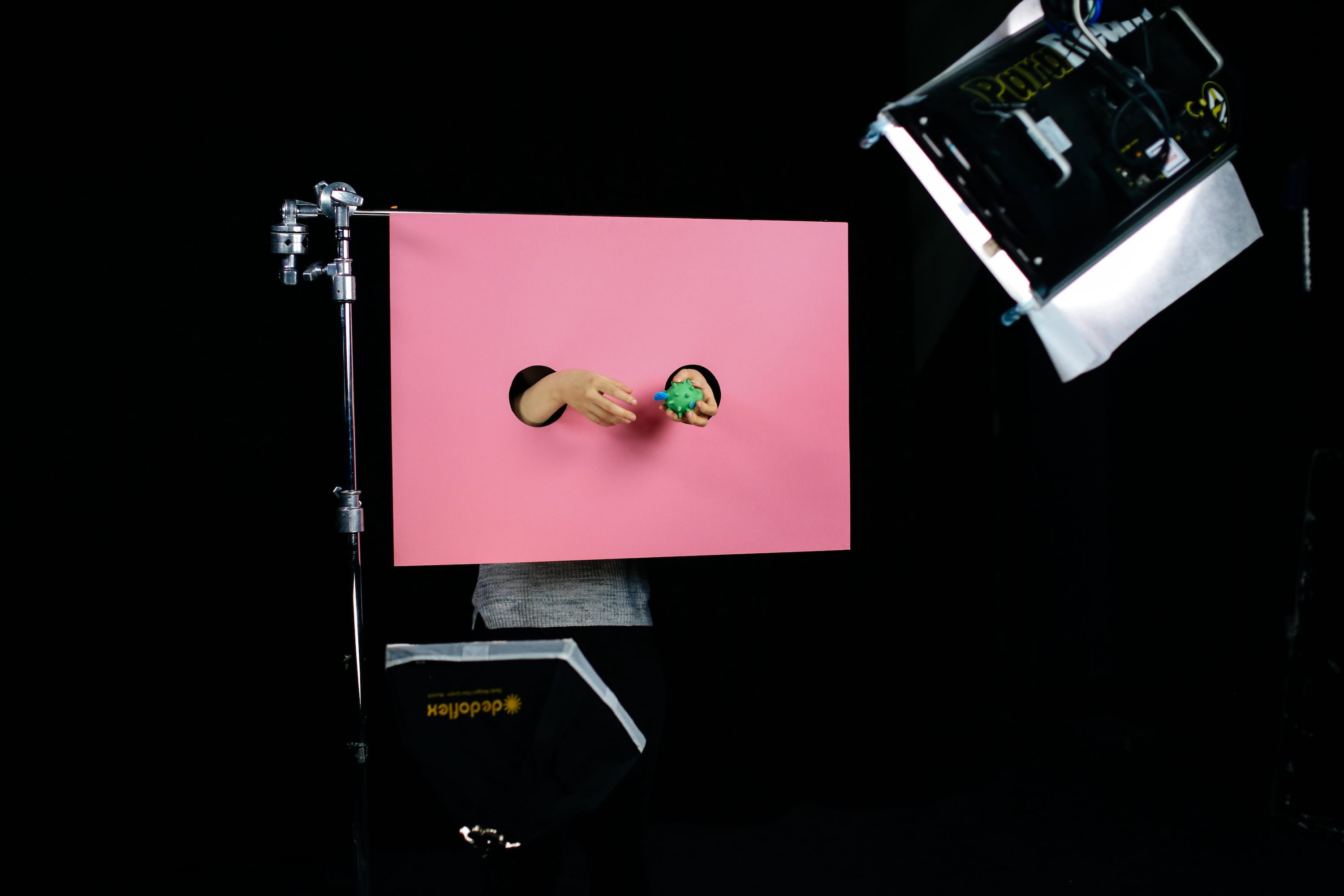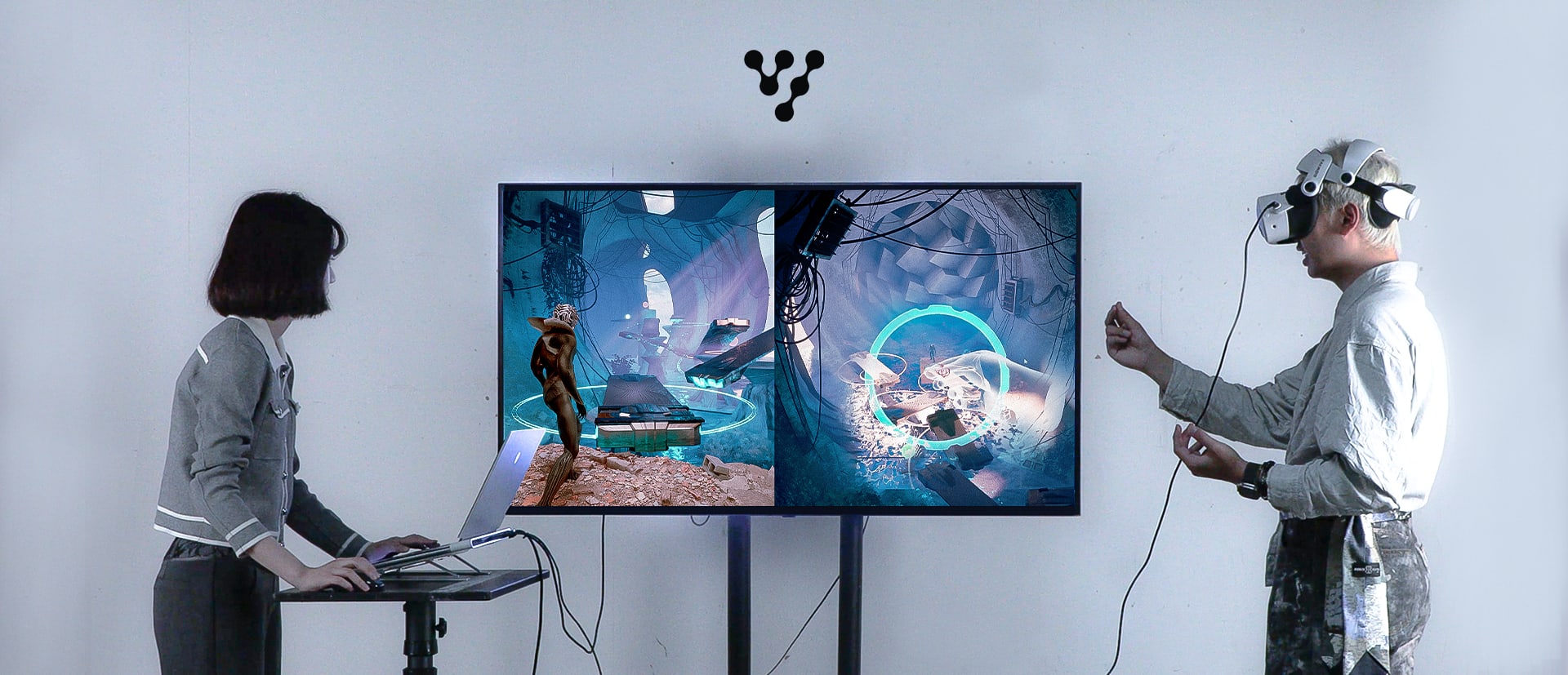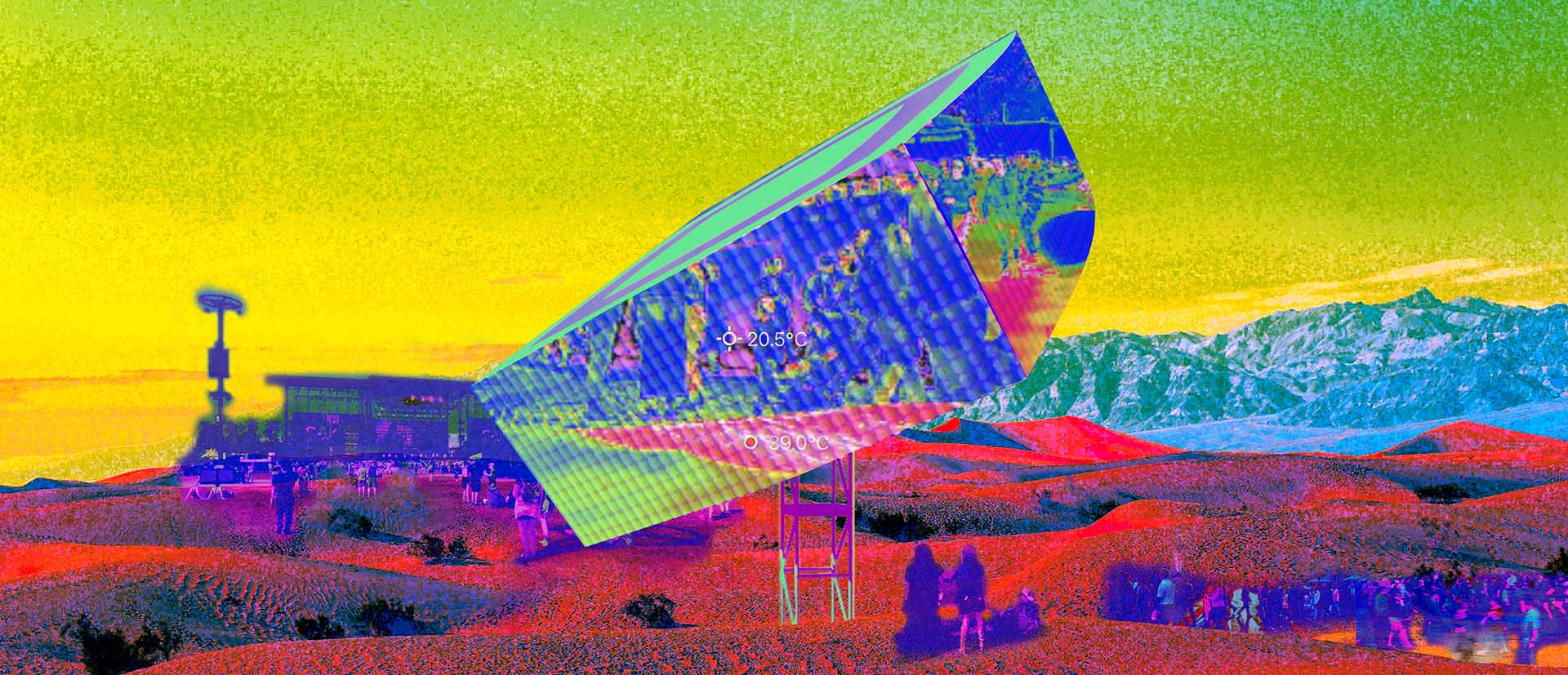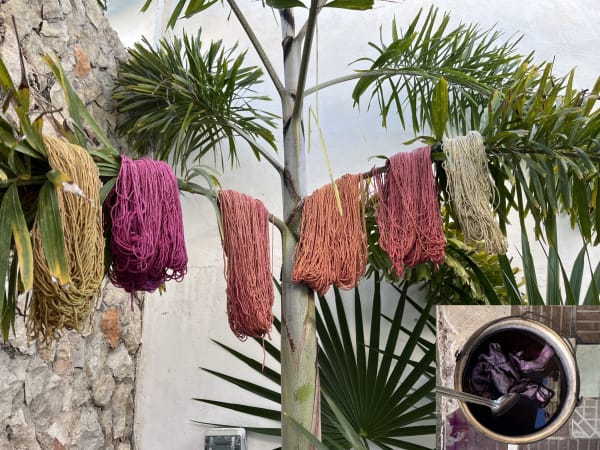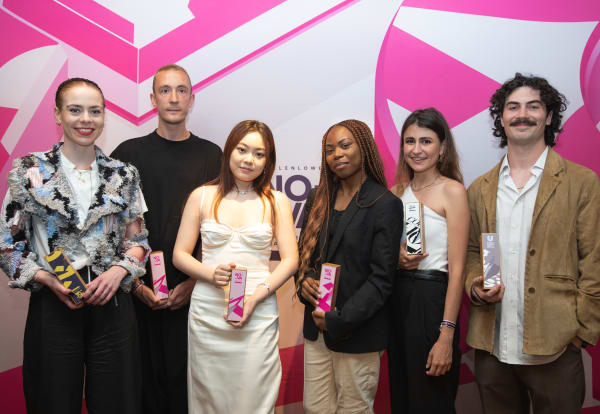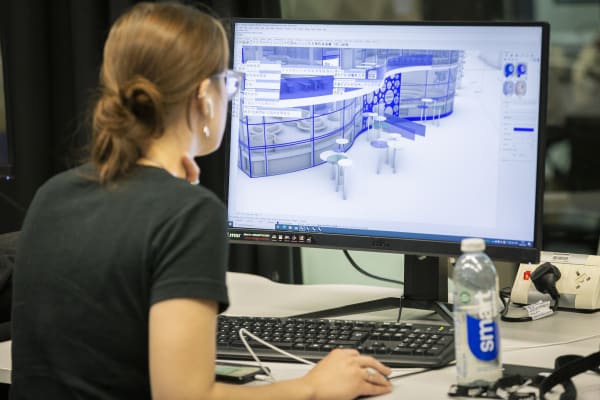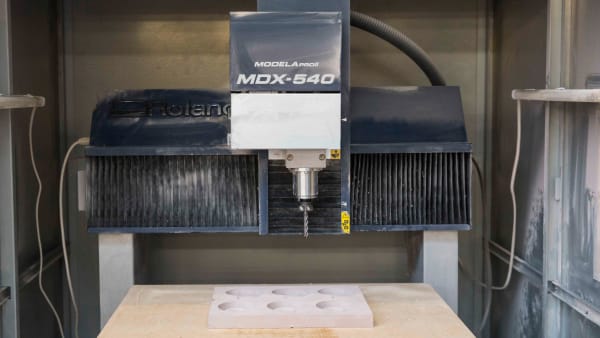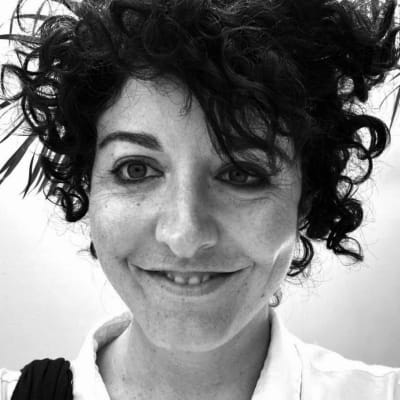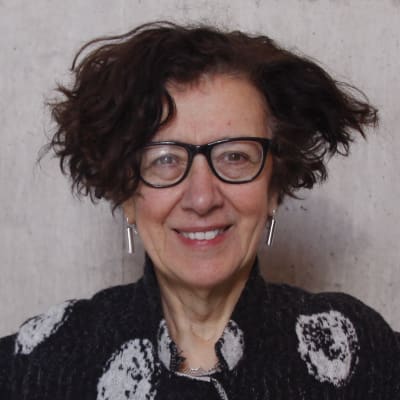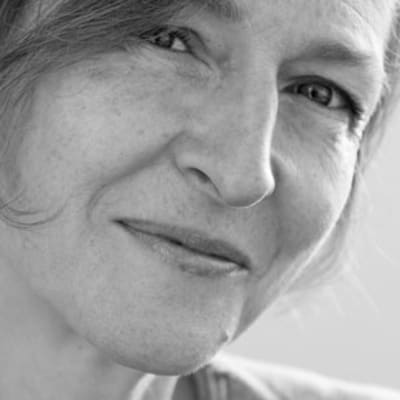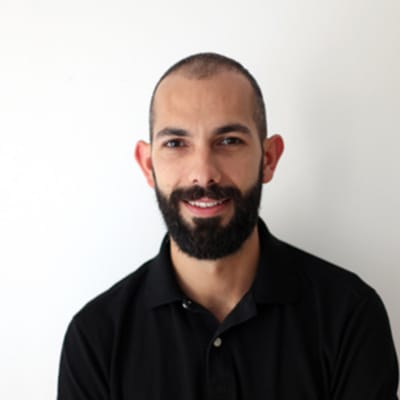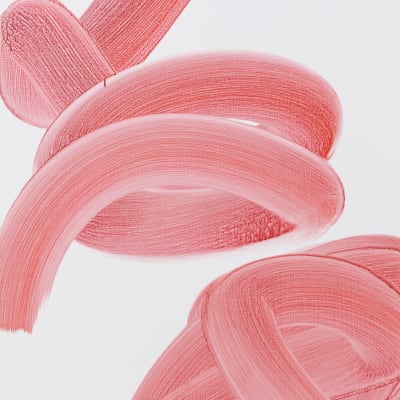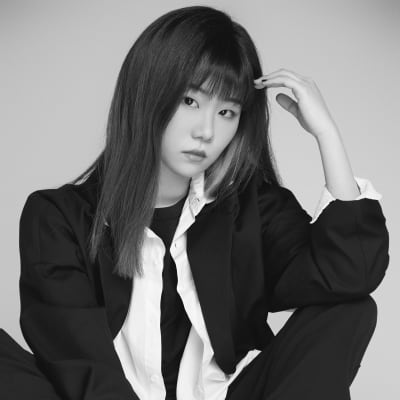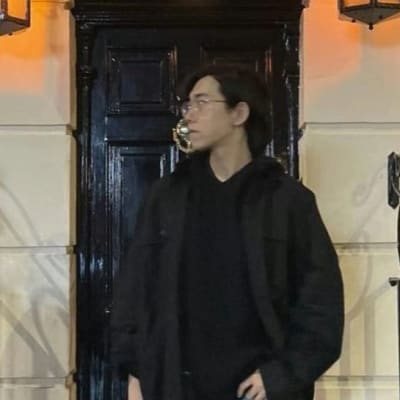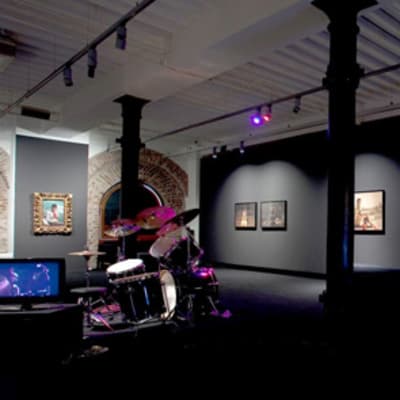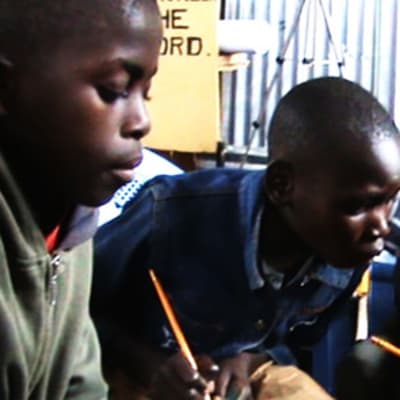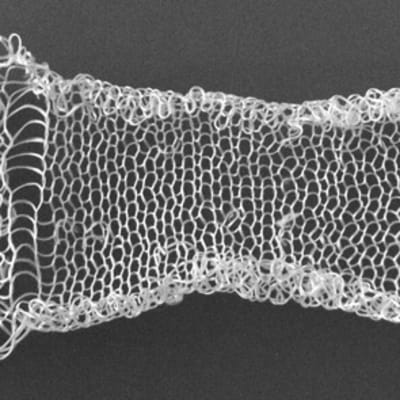Course units
Unit 1: Foundations
This unit develops foundations for the design of narrative environments through a series of rapid intensive projects that introduce philosophical, social, and technological propositions, narrative devices, and environmental research and development. These projects introduce design strategies and techniques that shape narrative environments and explore tools and frameworks for understanding constructions of space and time. Methods include systems mapping and analysis, speculative scenarios, strategic design and narrative communication.
Unit 2: The Collaborative Unit
This unit is focused on cross-college collaborations and collaborative practice. MA Narrative Environments students collaborate with students from another CSM course on a project brief with partners and/or critics from industry, government, or academia. The design briefs in this unit typically explore the social impact of emerging technologies, scientific research, or alternative architectures. Key insights include interdisciplinary communication and collaboration, ethical practice, and feedback.
Unit 3: Major Project Research
This unit focuses on narrative environment research, helping students explore foundational ideas and practices that will help them develop their own Major Project.
Part 1: Fieldwork (Summer Term YR1)
- Students work on a site-specific design brief focusing on using media tools and ways of integrating local and planetary knowledges to shape creative fictions.
Part 2: Industry Study (Summer Term YR1)
- Students develop their professional network through industry research, placements, interviews with partners or surveys of the field, or participation in special projects or events.
Part 3: Design Research (Autumn Term YR2)
- Students engage a specific site, scenario, or environment that provides foundational research for their Major Project. Working individually or collectively, students develop a Research Study that traces their topic, charting theoretical influences and identifying possible interventions. The study can be delivered in various written modalities – from anthropological to fictional, with visual or auditory supports welcome and includes design prototypes that test early experiments with a variety of design directions.
Unit 4: Major Project Development & Presentation
This unit focuses on the design, realisation and communication of a major design project. Students focus on designing, prototyping, producing and presenting a major project that engages the environments identified in their Design Research, often in-situ. Students then present representations of that project through media assets in the final Showcase.
Important note concerning academic progression through your course:
If you are required to retake a unit you will need to cease further study on the course until you have passed the unit concerned. Once you have successfully passed this unit, you will be able to proceed onto the next unit. Retaking a unit might require you to take time out of study, which could affect other things such as student loans or the visa status for international students.
CSM Academic Support is delivered by a team of academics and practitioners working alongside your course to help you progress and achieve your maximum potential as a student. Academic Support can help you to develop your skills in different areas, including critical thinking, research and writing, time management, presentations and working independently and collaboratively. These may be offered as part of your timetabled classes or as bookable tutorials and workshops.
Mode of Study
The course is delivered in extended full-time mode over two years.
Students will be expected to commit 30 hours per week to study, which includes teaching time and independent study.
Credit and award requirements
The course is credit-rated at 180 credits.
On successfully completing the course, you will gain a Master of Arts (MA degree).
Under the Framework for Higher Education Qualifications, an MA is Level 7. All units must be passed in order to achieve the MA but the classification of the award is derived from the mark for the final unit only.
If you are unable to continue on the course, a Postgraduate Certificate (PG Cert) will normally be offered following the successful completion of 60 credits, or a Postgraduate Diploma (PG Dip) following the successful completion of 120 credits.
